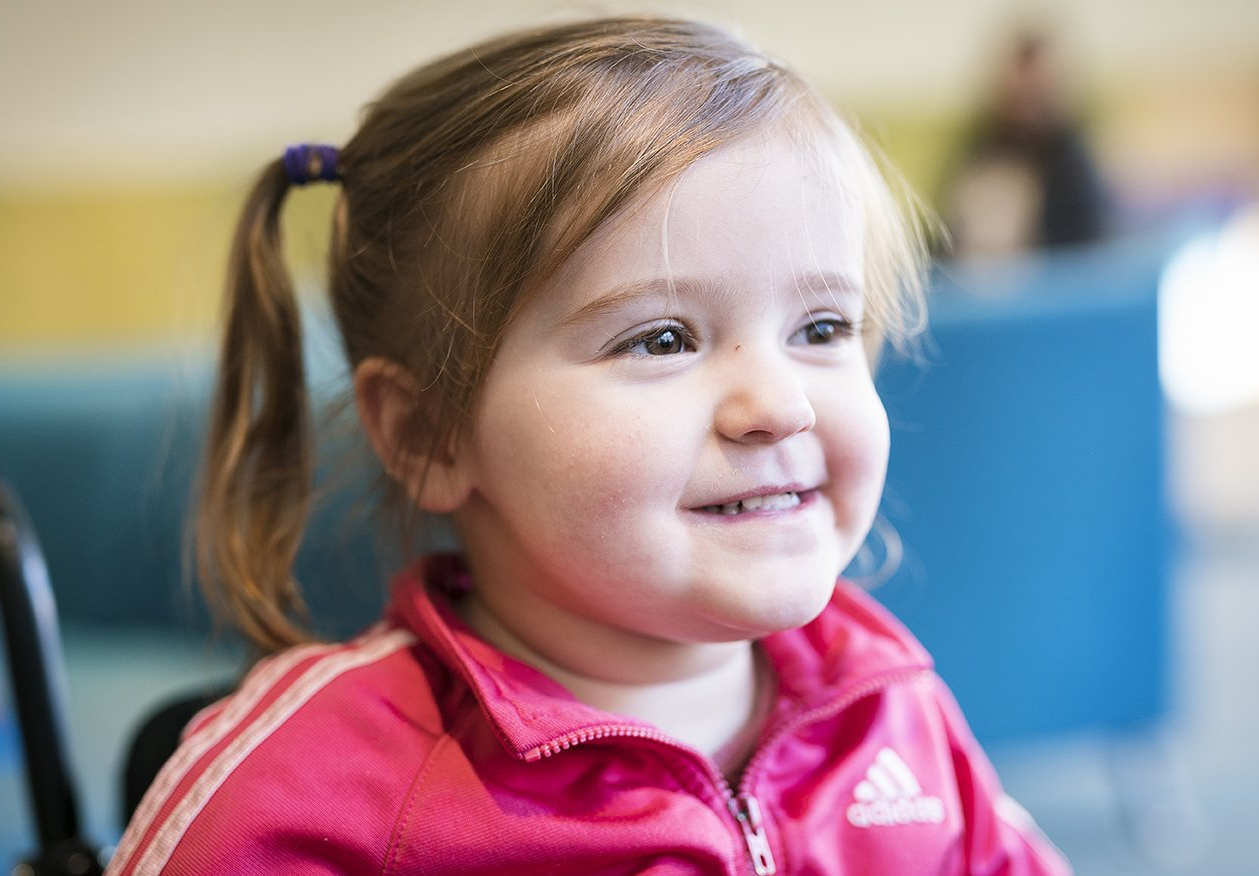Key Information for Your Child's Stay

the flu
Symptoms and Treatment Tips
The flu, or influenza, is a common viral illness that people of all ages can get. But young children who get the flu have a higher risk of complications. Children in the hospital are especially at risk of developing a serious illness if they get the flu. See below for symptoms to look for and ways to prevent the flu.
Symptoms
Flu symptoms usually happen suddenly and can include any of the following for children:
- fever, or feeling feverish then chilled
- cough
- sore throat
- runny or stuffy nose
- feeling achy
- headaches
- feeling very tired
- vomiting and diarrhea
Seek emergency care or tell your child’s nurse if your child shows the following symptoms:
- fast breathing or difficulty breathing
- not drinking enough
- bluish skin
- unable to wake up or doesn’t interact
- flu symptoms seem to improve, then return with fever and worse cough
- fever with a rash
Treatment and Prevention
It’s usually enough to rest and drink plenty of fluids to treat the flu. Because the flu is a virus, there is no medicine to get rid of it completely—but some medicines can help with symptoms. Ask your doctor about giving your child medicine to relieve fever, aches and pain. Prescription medicines called antivirals can ease symptoms and shorten the amount of time your child is sick. Antivirals can also reduce the risk of flu complications like pneumonia.
The best way to prevent the flu is to get your child a flu vaccine every year. This is important because protection from the vaccine wears off over time. And since the flu virus changes, vaccines change each year to give the best protection. It’s best to get vaccinated by the end of October.
Stop the Spread
Follow these tips to help your child avoid getting sick or spreading illness during flu season:
- Teach your child to cover their nose and mouth with a tissue or elbow when coughing or sneezing.
- Have your child wash their hands often, or use alcohol-based hand sanitizer.
- Teach your child not to touch their eyes, nose and mouth.
- Clean surfaces and objects that people touch a lot, like countertops and toys.
- If your child gets the flu, keep them away from others until your child is fever-free (without medicine) for 24 hours.
Get Vaccinated
All adults and children over 6 months need a flu vaccine. If your child has a long-term health condition, it’s especially important to get vaccinated. Make sure siblings, parents, caregivers and any other people in your child’s life are vaccinated as well.

OTC Medicines
When it comes to over-the-counter medicine to relieve fever, aches and pains, remember:
- Acetaminophen is safe for kids over 3 months old.
- Ibuprofen is safe for kids over 6 months old.
- Don’t give your child aspirin to treat a fever —it can cause a rare but serious condition that affects the brain and liver.
The AudioEye Trusted Certification represents a commitment to accessibility and digital inclusion.
Patient Guide Solutions, LLC
All Rights Reserved